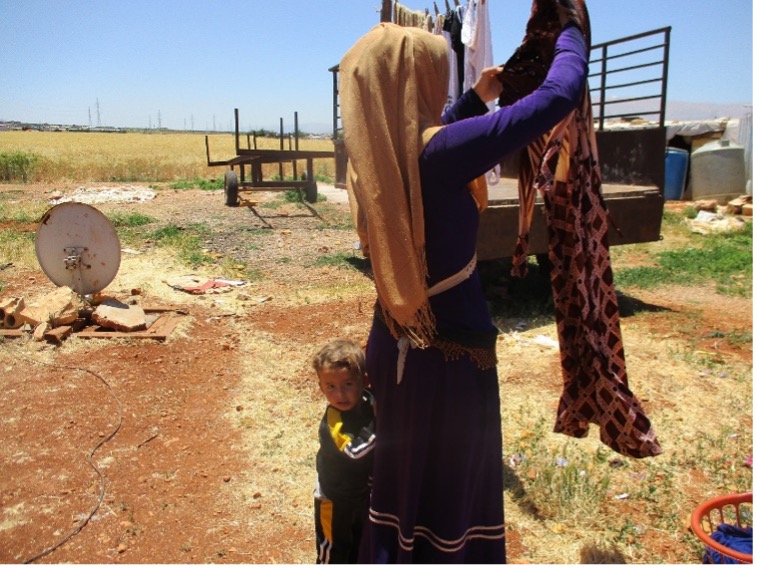Syrian adolescents' experience of psychosocial wellbeing in the Lebanese crisis
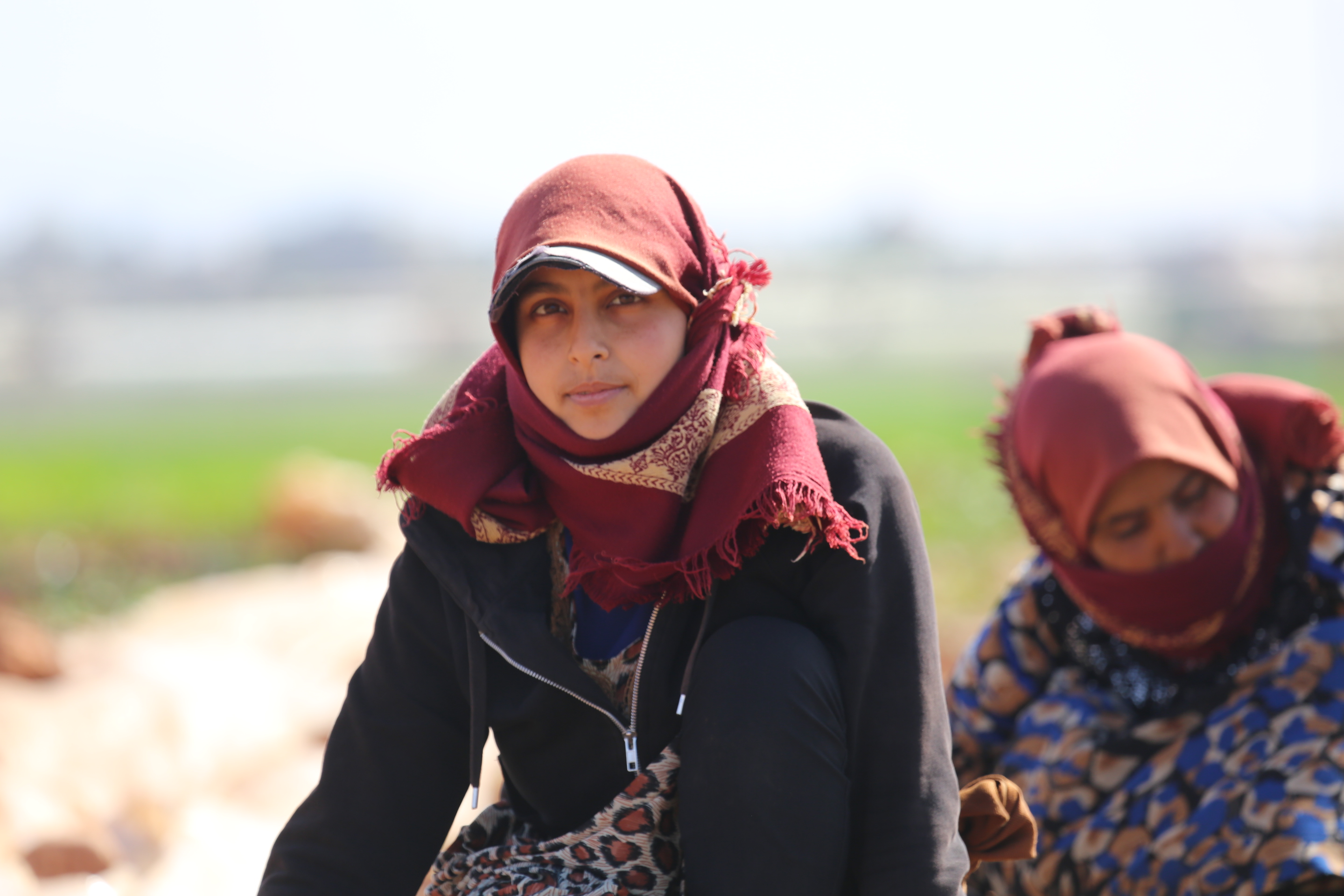
© Marcel Saleh/GAGE 2022
Photo story by Shourouk, a 19-year-old Syrian young mother living in a tented settlement in Baalbek city.
Shourouk says: ‘Living in bad conditions is a type of psychological violence. When we see nice houses and neighbourhoods, we start comparing it to our crumbling tents and thinking about all the things we need at home. Our tents lack a lot of material and no matter how much we try to fix them, they still collapse. Not being able to have a decent house is violence because it is unfair. It makes us feel sad and suffocating. Our tents are crumbling and we do not have the money to fix them. In the winter, many tents fall apart. Living in tents that lack everything is depressing and no one is helping us to get better material and fix our houses.’

Photo story by Farah, a 19-year-old Syrian young mother living in an informal tented settlement in Baalbek city.
Farah says: ‘Girls as young as 10 years of age have to work to help their families, and this has not changed over the generations, as my grandmother, mother and I were forced to work at a young age due to the dire living conditions. In the past, parents never sent girls to school, because they needed the girls to take care of the housework. Nowadays, girls can choose education or work, but the war in Syria prevented them from continuing their education.’
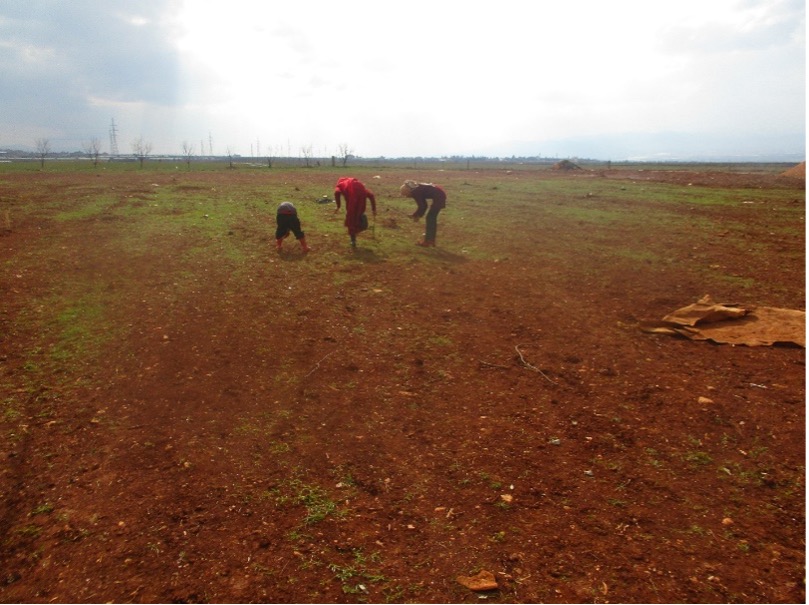
Photo story by Basmala, a 20-year-old Syrian young mother living in an informal tented settlement in Baalbek city.
Basmala says: ‘Women do not have any control over their life in our community. Men control their lives. They take the decisions of everything in their lives. When the girl is single, the father and the brother control her life, and when she gets married, the husband does. The men decide about the girl’s education, they decide about her clothes and her work. Women should obey men in everything. Girls are not happy about how their life is, they feel that they do not have value nor existence. We do not have a voice nor can take any decisions in our lives. We are unable to have a private life of our own. We are born to get married, work in the fields, work at home, raise children and take care of the men. Women are born to obey and have no right to choose a life of their own.’
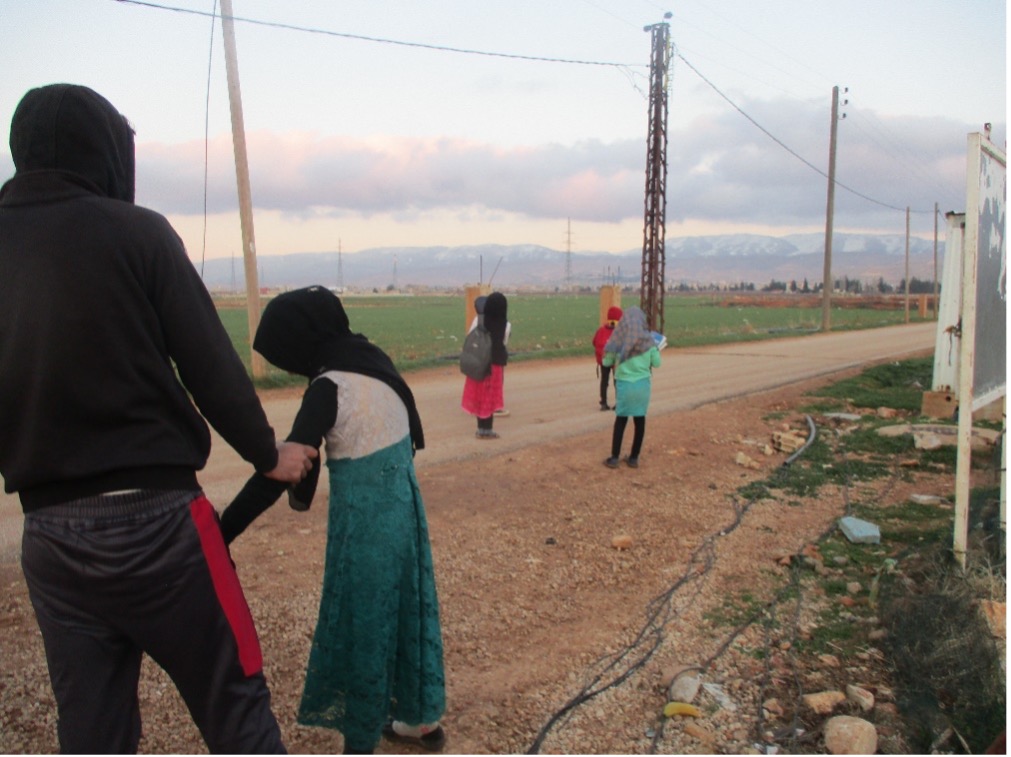
Photo story by Soma, a 17-year-old Syrian boy living in a collective shelter in Baalbek city.
Soma says: ‘Syrian youth attending school is considered a privilege in Lebanon. Although most boys prefer getting a decent education, life and family obligations force them to work, sometimes as the sole provider for the family. Only the fortunate Syrians were able to study in Lebanon.’
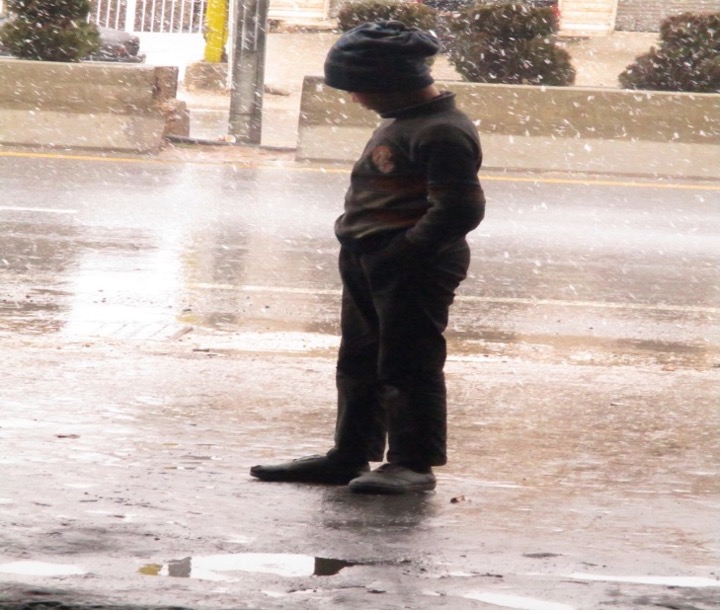
Photo story by Nada, a 17-year-old Syrian young mother living in a collective shelter in Baalbek city.
Nada says: ‘My husband was not able to find work and the UNHCR stopped giving us aid. I have children who I cannot buy them anything. My daughter got very sick and I could not take her to a doctor or get her medicine. I had to sell my gold to get my children’s needs, because I was desperate. I had no other choice as I did not want to borrow money from anyone because I cannot return it.’
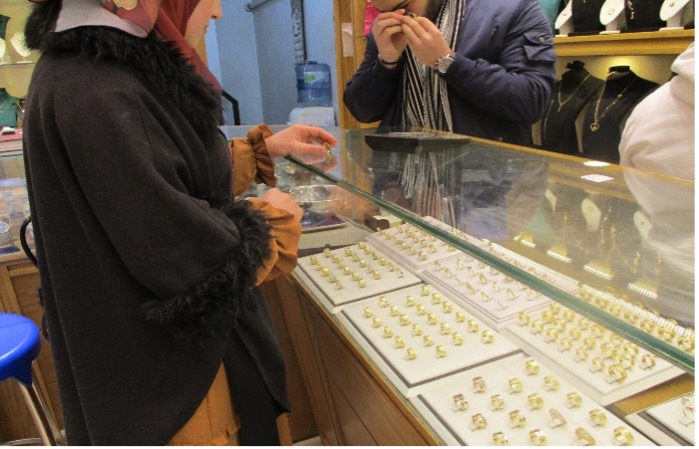
Photo story by Shams, an 18-year-old Syrian young mother living in a collective shelter in Baalbek city.
Shams says: ‘Since the crisis started and the Lebanese lira depreciated against the US dollar, we have not been able to buy anything. If we go to the market, we only take a look at the stores but cannot buy anything because everything is very expensive. We are not able to buy the very basics we need like many foods, medicine, our children’s needs, sanitary pads or clothes. The crisis destroyed our lives, it was our end. We have no water, no electricity, no medicine, and we cannot afford anything. Money does not have value anymore. Everything is very expensive as all products are priced in the US dollar. It makes you feel sad, depressed and fraught to go to the market and see that some people are able to buy what they want and eating meat and chicken while you cannot. We even forgot how it tastes. We are fooling ourselves that we are living but in fact it is a lie, we are dead inside. Our life is ugly!’

Photo story by Samira, an 18-year-old Syrian young mother living in a collective shelter in Baalbek city.
Samira says: ‘We barely have electricity in Baalbek and when the electricity cuts, the water also cuts. This is affecting our and our children’s hygiene. We cannot shower or bathe our children properly and when our children get dirty or pee on themselves, we cannot wash them properly. Water is all life and it should not cut from houses. We no longer feel we are living and we no longer feel we are at home in our own houses. We are forced to buy water but the private water is very expensive and we cannot always afford it. This is very disturbing situation for people to live in and we always find ourselves wishing to die instead of living a life without water, electricity and basic needs.’
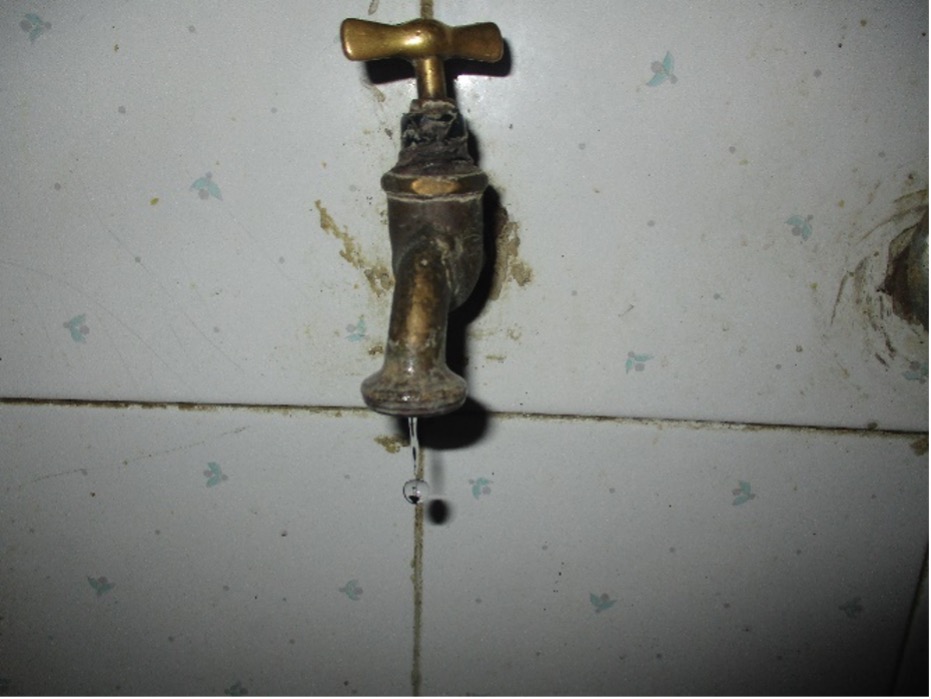
Photo story by Mona, a 19-year-old Syrian young mother living in an informal tented settlement in Baalbek city.
Mona says: ‘Most girls do not live their youth, they do not live the love feeling and do not understand what they are missing in their life. When a girl is young, she sees other girls marrying around her in the camp and she starts dreaming of marriage. She dreams of having a husband and experiencing the feeling of being a wife and a mother. She thinks marriage will give her a different life, a beautiful life with a husband who loves her and takes care of her. But marriage is very hard on girls and they only realise this reality after marriage. Marriage life is not a wedding dress and a honeymoon full of the husband’s love like girls imagine it to be, it is hard and puts the girl under many responsibilities that she did not have at her family’s house. The girl gets crushed under these responsibilities. The married life is not the innocent dream girls think it is and the husband is not the loving prince girls think they will marry.’
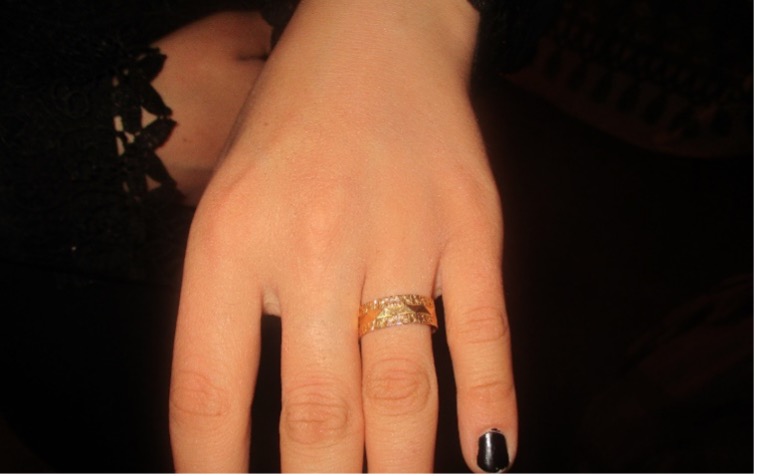
Photo story by Shams, an 18-year-old Syrian young mother living in a collective shelter in Baalbek city.
Shams says: ‘When a girl marries, she spends her whole life in the house doing housework. The housework is very tiring, especially if the girl lives with her in-laws. The daughter-in-law in the house is considered responsible for all the housework and cooking at home. When the family is large, the work does not end, as the girl has to take care of her husband, children and in-laws. A married girl’s life is a routine that repeats itself every day for her whole life. The housework is not only physically tiring but girls get psychologically tired and bored from doing the same things every day and from the demands of husband, children and in-laws.’
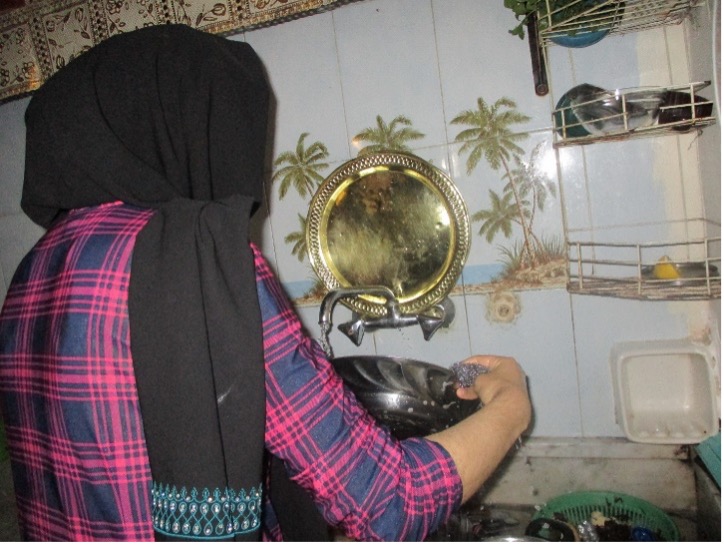
Photo story by Basmala, a 20-year-old Syrian young mother living in an informal tented settlement in Baalbek city.
Basmala says: ‘Early marriage exhausts girls because their bodies are weak and they do not have enough awareness to take on responsibilities and raise children. Young mothers struggle to balance between caring for their children and doing housework as well as working in the fields to help support the family. Girls bear the burden of housework, cooking and raising children alone without any assistance, resulting in physical and psychological weariness.’
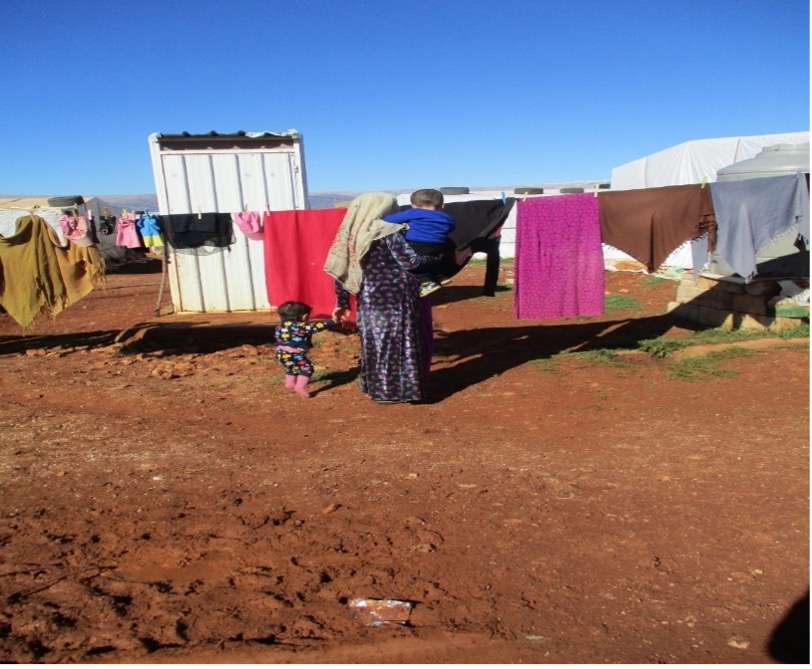
Photo story by Farah, a 19-year-old Syrian young mother living in an informal tented settlement in Baalbek city.
Farah says: ‘Washing clothes is the hardest thing that we have to do at home. Due to the electricity cuts, we are not able to use the washing machines. We have to wash the clothes by hand. When the weather is good, we heat water on wood fire in front of the house and we wash our clothes outside. But when it is raining or snowing, we have to wash them inside the house with cold water. We cannot heat the water on the stove because the cooking gas is very expensive. Setting the fire to heat water outside is tiring and takes a lot of time. While we are washing the clothes, the children surround us and keep crying and shouting, which makes us feel more sick and tired. Washing clothes by hand makes us very cold, our hands and back start aching and we get spasms from it all the time.’
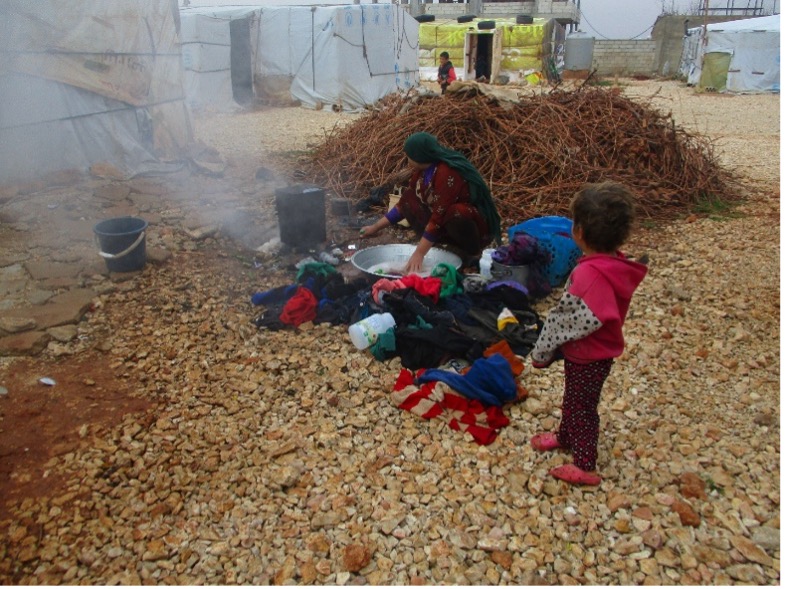
Photo story by Razan, an 18-year-old married Syrian girl living in an informal tented settlement in Baalbek city.
Razan says: ‘Girls from a young age take the housework and childcare responsibilities. When a girl is 9 or 10 years old, she stays at home to take care of the house and her younger siblings while her mother is at work. A young girl takes all the mother’s responsibilities at home. Mothers teach the girls the housework and childcare responsibilities at a young age so that she gets used to them and does not face challenges and problems with the husband and in-laws after marriage. If the girl is not taught these things at her parents’ home, her husband, in-laws and the community will shame her and gossip about her and her family. Girls are oppressed in our community and it is saddening how we are fated to live.’
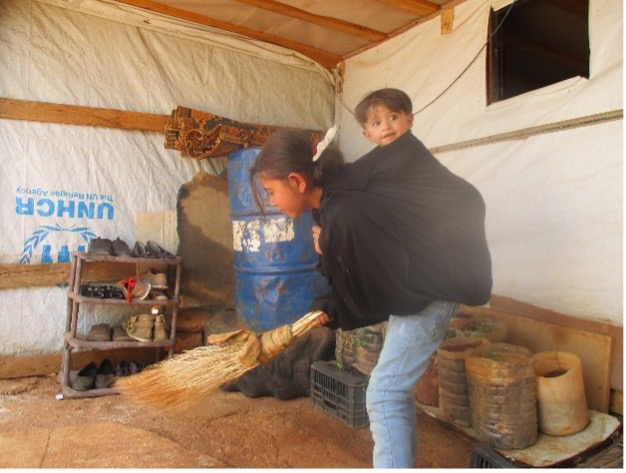
Photo story by Yamama, a 17-year-old Syrian young mother living in an informal tented settlement in Baalbek city.
Yamama says: ‘The husband does not help the wife with childcare. It is considered a girl’s sole responsibility and shameful for men to take care of their children. Some men do help the mother with their children at home but not outside in front of the people. Sometimes, the father takes the son out with him but not the girls. Fathers try to make the sons resemble them and teach them to be strong even through using violence. Boys also imitate their fathers. They talk like them, walk like them, act like them and even start smoking at an early age like their fathers.’
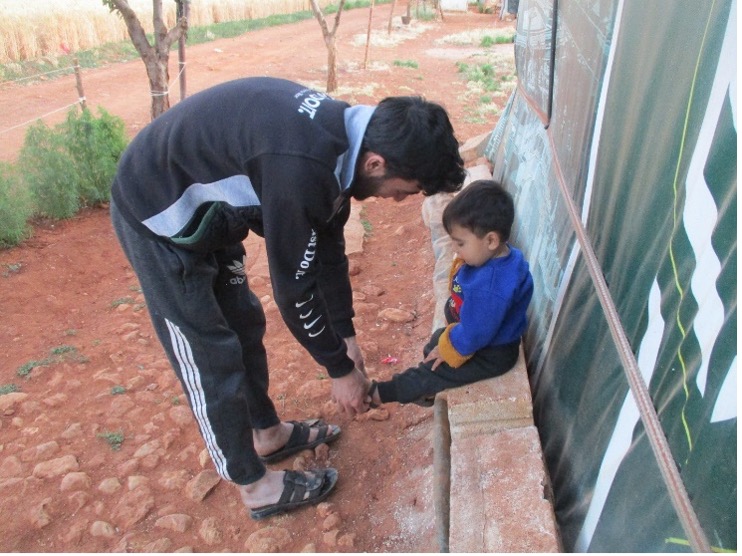
Photo story by Shourouk, a 19-year-old Syrian young mother living in an informal tented settlement in Baalbek city.
Shourouk says: ‘Verbal violence is normal in marriage. All husbands shout, swear and curse at the wives. Men do not respect women and if we say anything, everyone would reply with the same thing – ‘All men are like this, they all curse.’ Girls are always blamed and wronged in our community. No one supports the married girl. They do this intentionally so that the girls would not become rebellious and start talking back and leave the husband. A girl in our community should always be calm, obedient, smile to her husband, and should always keep her head down. Parents do not support their daughter at all even when they know that the husband wronged her, they ask her to forget about it and obey him. Many times we feel disgusted by our husbands, we hate and curse ourselves, our community and our miserable lives.’
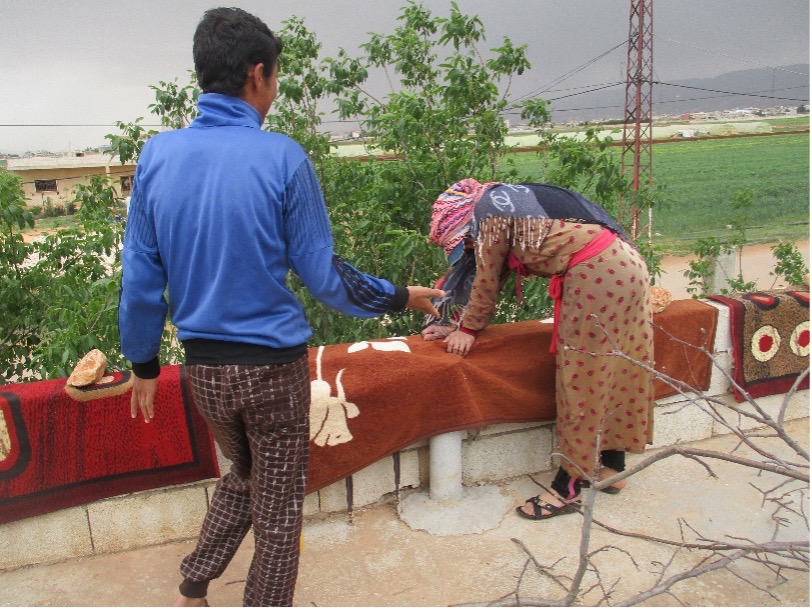
Photo story by Shiro, a 19-year-old Syrian young father living in a collective shelter in Baalbek city.
Shiro says: ‘Physical violence is very common in our community. This man hits his wife or sister because she is not able to fulfil all the house duties… Women fool around social media and forget to cook, wash clothes and do their house duties. In return, the husband gets annoyed and resorts to violence to solve it. In light of difficult economic and financial circumstances, the husband returns home from work not able to bring enough food to the table, so his temper is always bad, and he becomes agitated very quickly inside the house. This is making him hit his wife more.’
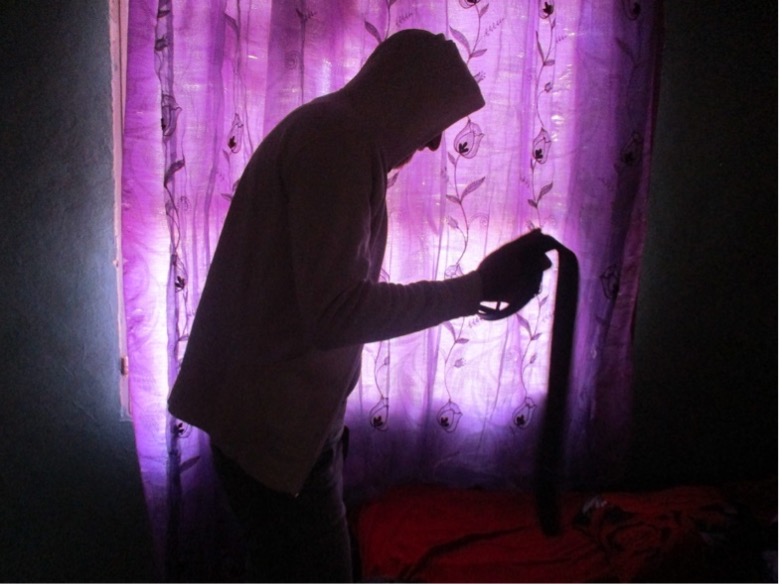
Photo story by Sarah, a 17-year-old married Syrian girl living in an informal tented settlement in Baalbek city.
Sarah says: ‘Prior to marriage, girls are free. They have time to take care of themselves. They can visit their friends whenever they want. When a girl gets married, marriage binds her with many chains. A married girl has many responsibilities. She spends her whole day working in the fields, doing housework, cooking, taking care of the children, husband and in-laws. She does not have time for herself or to rest. If a married girl wants to go out, she has to take permission from her husband and if she does not, this will create problems for her with the husband. If the husband comes home and does not find his wife, he gets angry at his wife and fights with her. Married girls cannot visit others in the camp until they finish all the work they have to do at home. Prior to marriage, girls can go out whenever they want. They only needed their parents’ permission to visit friends or relatives in other camps. Girls could come late at night to their home when they visited their friends or relatives in the camp but this is forbidden after marriage. Girls hate going out and visiting people because of being forced to ask for permission from the husband constantly for every move.’
